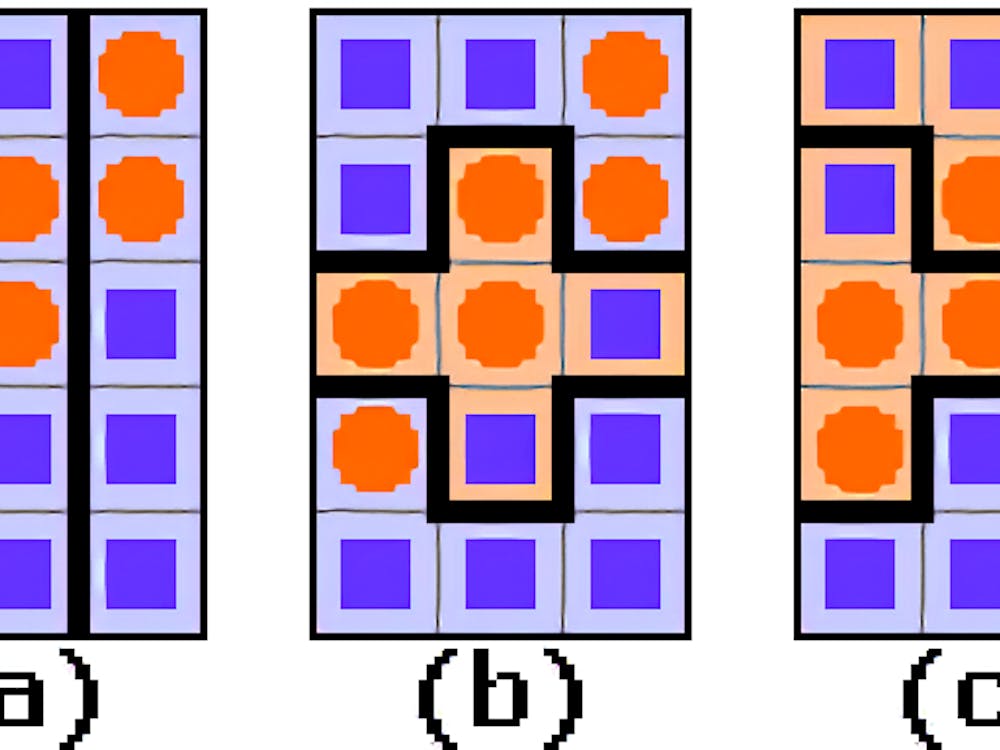As students here at Hopkins, we have an embarrassment of riches — but we don’t seem to know it. There are too many fascinating symposiums, speaker series, seminars, colloquia, presenters, and speakers that go largely unnoticed and unattended by people disconnected from the subject matter, or just unlucky enough to not get word.
Although it can be beneficial to put responsibility in the hands of the people, the current system is too decentralized to be effective in promoting these events. The notable variety of the official stated purposes for the many series and events belies the fact that many of them serve the same actual functions, yet needlessly differentiate their various crowds based on how they were advertised.
There are the big dogs of the pack, like the MSE Symposium last semester or the Foreign Affairs Symposium this semester, that attract major politicians (like Ron Paul and Martin O’Malley), or media or business people (like members of the Onion staff and reddit founder Alexis Ohanian).There are readings and presentations that students must attend as part of courses such as the Graduate Reading Series for IFP I and II or the Department of Military Science Symposium.
But there are so many other events that I fail to mention, and that’s the point I’m trying to make. Because there is no unified list, a great opportunity is being lost.
Therefore, I propose that more of these speaking series’, presently categorized under disparate titles, be organized into one credit,S/U classes, which meet weekly or biweekly and are available for registraiton on ISIS. If necessary, they could have pre-requisites on a case-by-case basis as desired by the hosts. There are already certain classes that follow my suggested symposium format. This semester the Economics department offered a new class called Faculty Research in Economics, taught by Bruce Hamilton. It is available to students with credit for Elements of Micro and Macro, is a one credit S/U class, and meets once a week.
I am in this class, and I am really enjoying it. The concept is that a different member of the Econ faculty gives a lecture each week about his or her research and experiences. Each week is different, fascinating, and thought-provoking. I look forward to the class before it happens and reflect on in afterwards. My experience so far has inspired me to write this opinion, in the hopes that I and others might have more opportunities to take classes like this again in the future.
In order to pass the class, on the surface all that is required is to arrive on time and sit in the lecture hall. There is no homework or class work. Naysayers would claim that too many classes like this would jeopardize the academics of the university by removing work and allowing for easy rides. I would refute this by saying that the benefits of the class are solely and entirely the lectures themselves. As a one credit class, there is minimal impact on GPA, it doesn’t count as part of the Econ major, and it takes up an hour and a half of one’s day. If need be, there could be a cap on the number of these courses students could take per semester. I seriously doubt many if any people would take a class like this if they were not genuinely interested in the class’ subject matter. And for interested students, this type of class is perfect because it exposes the student to complex ideas not normally suited for undergraduates, without the stresses of grades or work or responsibilities.
As an additional complement to an already full schedule, these classes would enrich the student’s education and allow for unencumbered freedom of thought. A broad selection of these classes could allow people to experiment with subjects they normally would not touch for fear of failure, acting as either an introduction to or enrichment of a student’s interest in a subject. Clear listings on ISIS would enable more people to have access to these series and would allow the series hosts to have an easier time advertising to their clientele.
Of course, one immediately apparent problem is availability to people not part of the university. There will still be a need for some publicly accessible symposiums as we have them. But the problems of this system could be worked out with discussion and debate by the relevant parties. Obviously the exact system of my single class cannot be directly scaled up to an entire new category of courses here at Hopkins, but the basic ideas are worth trying.
Nathan Bick is a Freshman from Washington, DC. He is majoring in economics.




